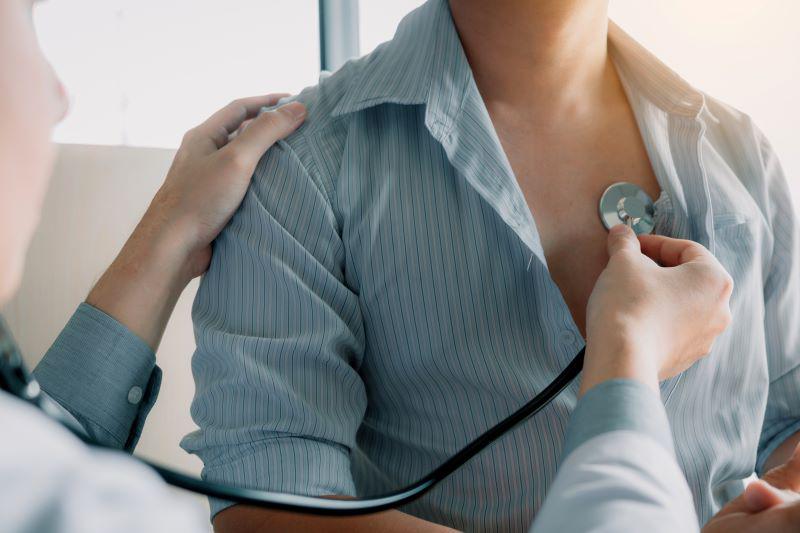10-year risk for cardiovascular disease remained stagnant at >8 percent for U.S. adults with the lowest incomes in 1988 to 2018
By Lori Solomon HealthDay Reporter
FRIDAY, April 19, 2024 (HealthDay News) — Only higher-income populations experienced improvements in cardiovascular health from 1988 to 2018, according to a study published online April 3 in Circulation: Cardiovascular Quality and Outcomes.
Nicholas K. Brownell, M.D., from the University of California, Los Angeles, and colleagues examined 30-year trends in cardiovascular health by income. The analysis included data from 26,633 participants (aged 40 to 75 years) in the U.S. National Health and Nutrition Examination Survey (1988 to 2018) stratified by poverty-to-income ratio (PIR) category.
The researchers found that from 1988-1994 to 2015-2018, the mean 10-year pooled cohort equation (PCE) risk improved from 7.8 to 6.4 percent. However, the improvement was limited to the two highest-income categories (10-year PCE risk for PIR 5: 7.7 to 5.1 percent; PIR 3 to 4.99: 7.6 to 6.1 percent). For the lowest-income category, the 10-year PCE risk did not significantly change (PIR <1: 8.1 to 8.7 percent). Over time, the relative inequity in 10-year PCE risk increased (1988 to 1994 PIR <1 was 6 percent higher than PIR 5; by 2015 to 2018, inequity increased to 70 percent). When accounting for all income categories, the achievement index was consistently higher than the mean 10-year PCE risk, indicating the poor persistently had a greater share of adverse health, despite overall achievement index improvement (8.0 to 7.1 percent).
“This study shows we need to be looking long and hard about ways to improve access to health care and other social determinants of health that play a role in higher cardiovascular risks for low-income households,” coauthor Adam Richards, M.D., Ph.D., M.P.H., from George Washington University in Washington, D.C., said in a statement.
Copyright © 2024 HealthDay. All rights reserved.








